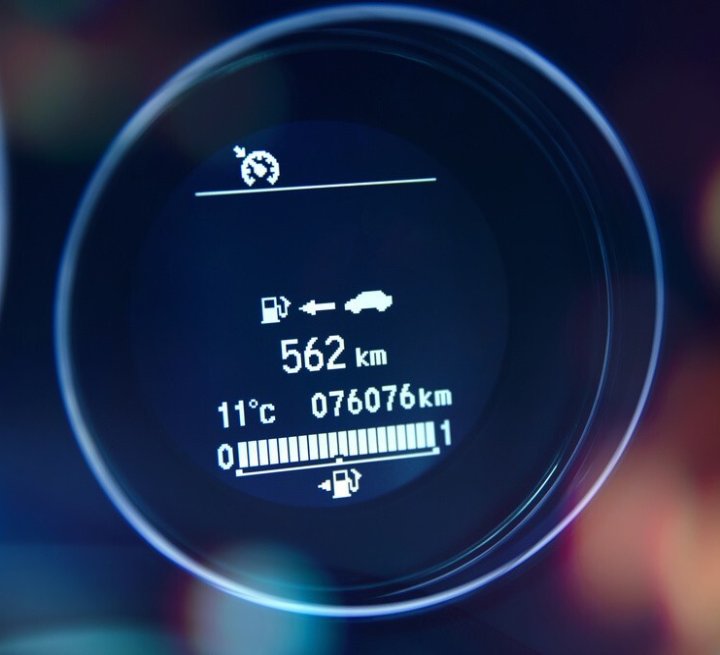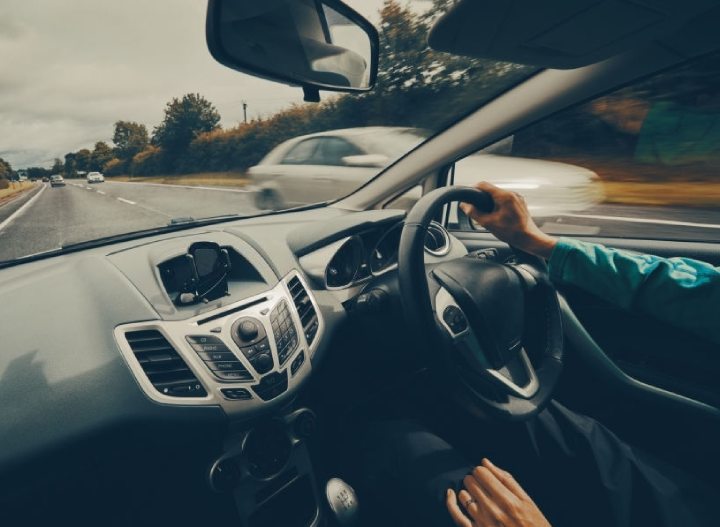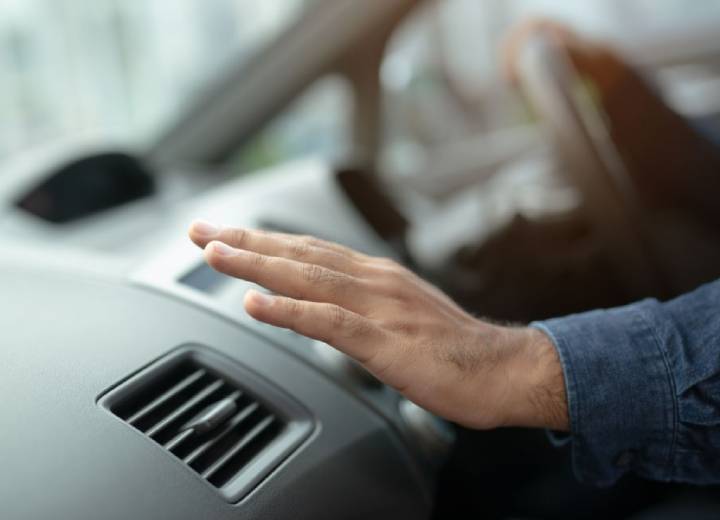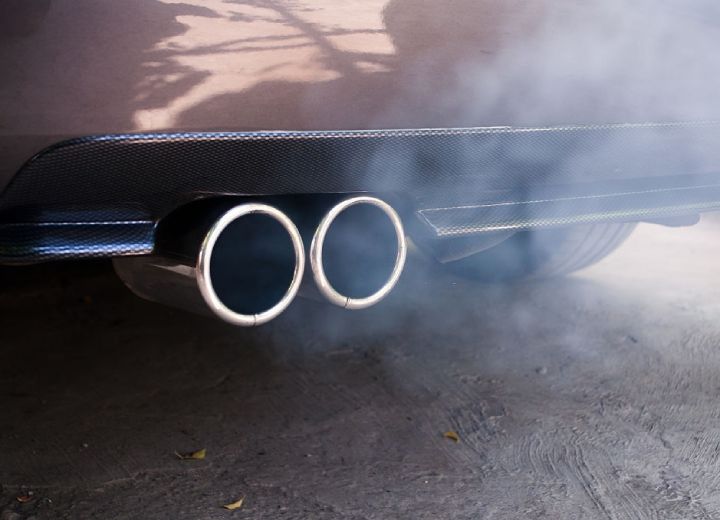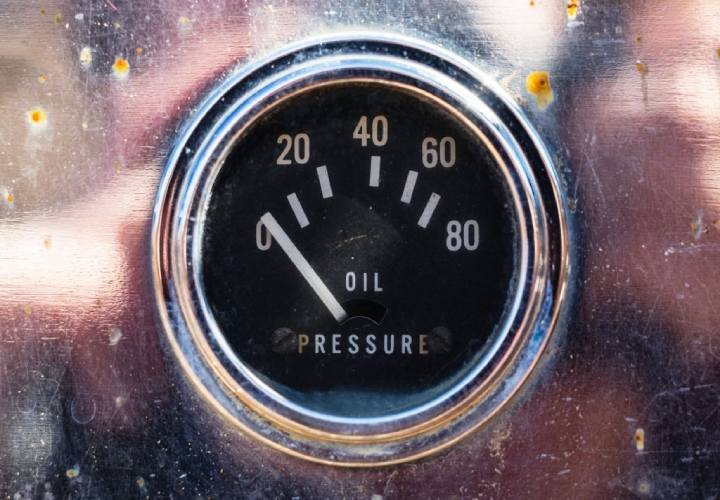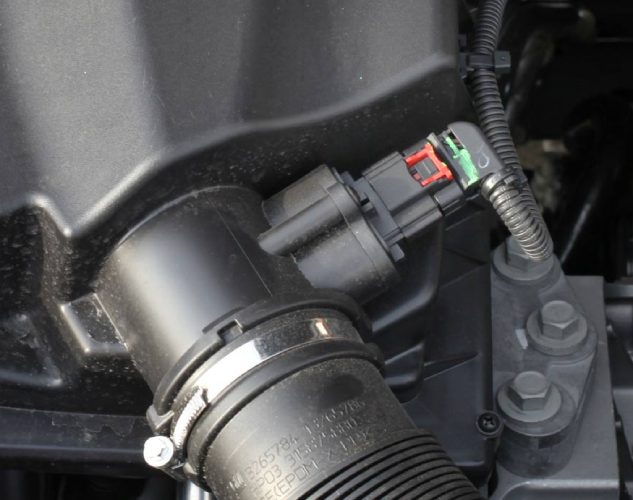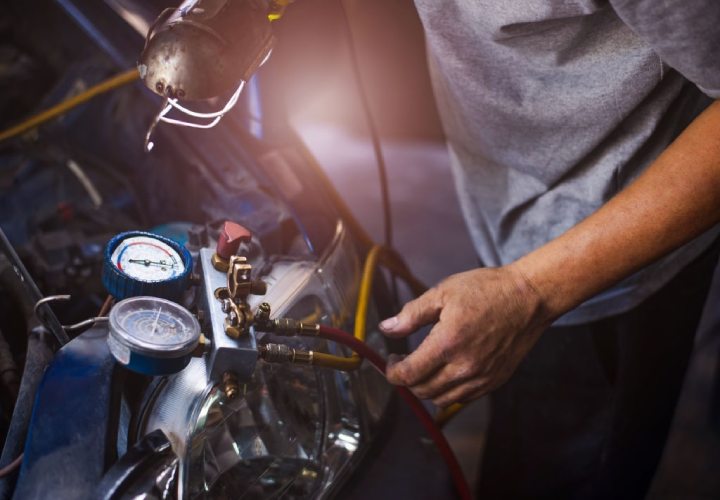Each component of a vehicle is essential for the functionality and efficiency of the car. Therefore, it is pretty normal to wonder if a malfunctioning or failing component could hinder the vehicle’s performance as a whole.
The battery of a vehicle is essential not just for fuel-powered cars but also for electric vehicles. Thus, one might wonder how a battery impacts a vehicle’s performance, especially when it is low, weak, or bad. This is discussed under the following subheadings.
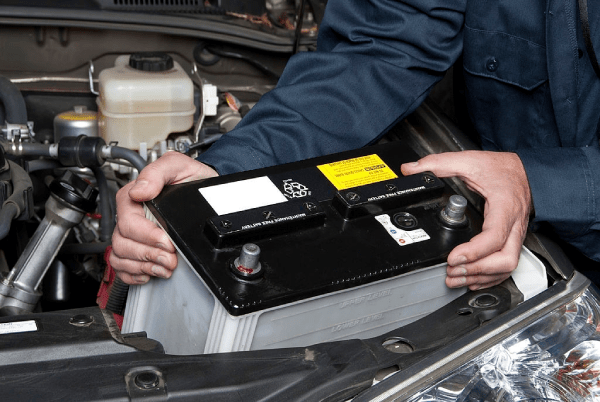
Can a Weak Battery Affect Engine Performance?
If the direct impact of a weak battery is considered, there isn’t much effect on the engine’s performance as the battery’s primary function is to start the engine. However, suppose the indirect impact is considered.
In that case, a weak battery can affect the engine’s performance because the alternator and fuel pump of the vehicle is significantly affected by a weak battery.
A weak battery could lead to an engine slowly cranking up before starting up or not even starting up at all. When a battery is weak, it leads to the reduced processing of the fuel pump, which, when combined with other factors, could lead to the engine’s misfiring.
Some car models can also go into limp mode when the battery is low.
Does a Bad Battery Affect Acceleration?
Since the battery is an essential component of a vehicle, it is normal to evaluate its effect on acceleration.
A bad battery might and might not affect acceleration. There is no observable effect on acceleration for a vehicle powered by fuel when the battery is bad. However, for electric vehicles, a bad battery will affect acceleration.
Fuel-powered vehicles only rely on batteries for start-up and other electrical components that do not affect the vehicle’s acceleration.
On the other hand, electric cars are majorly powered by electric energy stored in the batteries of the car; hence, a weak or bad battery will affect the acceleration and total vehicle performance.
Can a Low Battery Cause Engine Problems?
As stated earlier, a low battery can lead to lean fuel issues. Since the fuel pump provides fuel to the internal combustion engine and its function is tied to the battery’s efficiency, low batteries process the fuel pump at a much slower rate leading to insufficient access of engine to fuel.
Lean fuel issues in conjunction with the wrong opening of injectors lead to the engine’s misfiring.
A low battery could also trigger deficiency in the electrical system and affect the engine’s computer (ECU), which needs a constant and steady supply of voltage.
What Happens If Your Car Battery Is Weak?
A weak car battery triggers a bunch of issues with the electric system of the vehicle as well as the engine.
Weak batteries can be temporarily revived to start the car, but the battery might require a replacement over time. Since batteries play an important role in starting up a fuel-powered vehicle, weak batteries either delay the start-up of a car or even result in the vehicle’s refusal to start.
Jumpstarts are frequently used to revive weak batteries in this state.
However, if the battery of an electric vehicle is weak, it has a significant effect on the car’s performance. The battery of an EV is the vehicle itself; hence a compromised battery implies a compromised vehicle.
What Are the Symptoms of a Bad Battery?
The following signs indicate a bad battery, and once they’re spotted, the owner should evaluate the battery’s health as soon as possible.
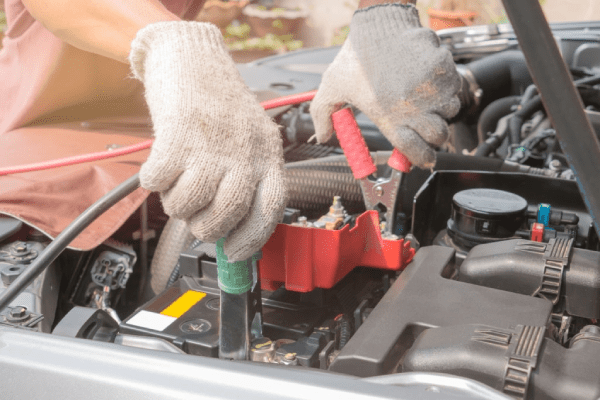
- Battery warning light
The battery warning light should come on when the state of a car battery has deteriorated to the point where it can’t hold enough charge to start up the car.
- Frequent jumpstarts
When a battery is bad or at the edge of giving up, you tend to jumpstart the battery more often to start the car. Jumpstarts can occur once in a while, especially with occasional low batteries.
Still, if the jumpstarts occur more often than usual or every single time the vehicle is started, this is a huge red flag for a bad battery.
- Clicking key sound
When a vehicle’s key is turned in the ignition, the battery automatically transmits an electric current to the starter solenoid to move the car.
However, when the electric current transmitted to the starter solenoid reduces or becomes insufficient, there is a clicking sound when the key is turned to start the vehicle. This sign is tough to miss.
- Corrosion or clear film build-up
If subtle signs of a weak battery are spotted, the battery can be examined to check for any visible damage or defect.
Checking the battery regularly underneath the hood will prevent excessive corrosion and might even help recover the battery before it finally dies.
Foam-like blue corrosion, majorly found at the positive terminal, might indicate a bad battery. A clear film might even be found on the casing of the battery.
These scenarios might result from acidic fumes released by the battery or the leakage of the acid contained within the battery.
When these occur, resistance would be created between the battery and the cables leading to a reduced voltage.
The corrosion or film can be cleaned for a temporary fix, but the battery must be replaced in the long run.
How Does a Car Act When the Battery Is Deteriorating?
When a battery is going bad, the car reacts to the reduced voltage supply in many ways. The headlights and other electrical components of the vehicle start developing faults.
The headlights become noticeably dim. Once this happens, the battery should be checked as it could compromise safety when driving in the dark.
A deteriorating battery releases sporadic sparks, resulting in fuel accumulation in cylinders. The accumulated fuel is suddenly ignited, generating a high force that causes the car to backfire.
Conclusion
Batteries are vital components of a car and should be monitored regularly for maintenance or possible replacement.
Bad or weak batteries could result in lean fuel issues, engine misfire, dim headlights, or backfiring of the car.
However, it should be noted that a bad battery is not always the backfire cause. If a backfire occurs, other factors should also be taken into consideration.
Every since I was a little boy, I can remember spending the afternoons in my dad’s repair shop. I got my first car at 16 and it was the best feeling ever!
I have contributed to various automotive publications but decided it’s finally time to settle for something constant.

